Long-term changes in the migration phenology of UK breeding birds detected by large-scale citizen science recording schemes
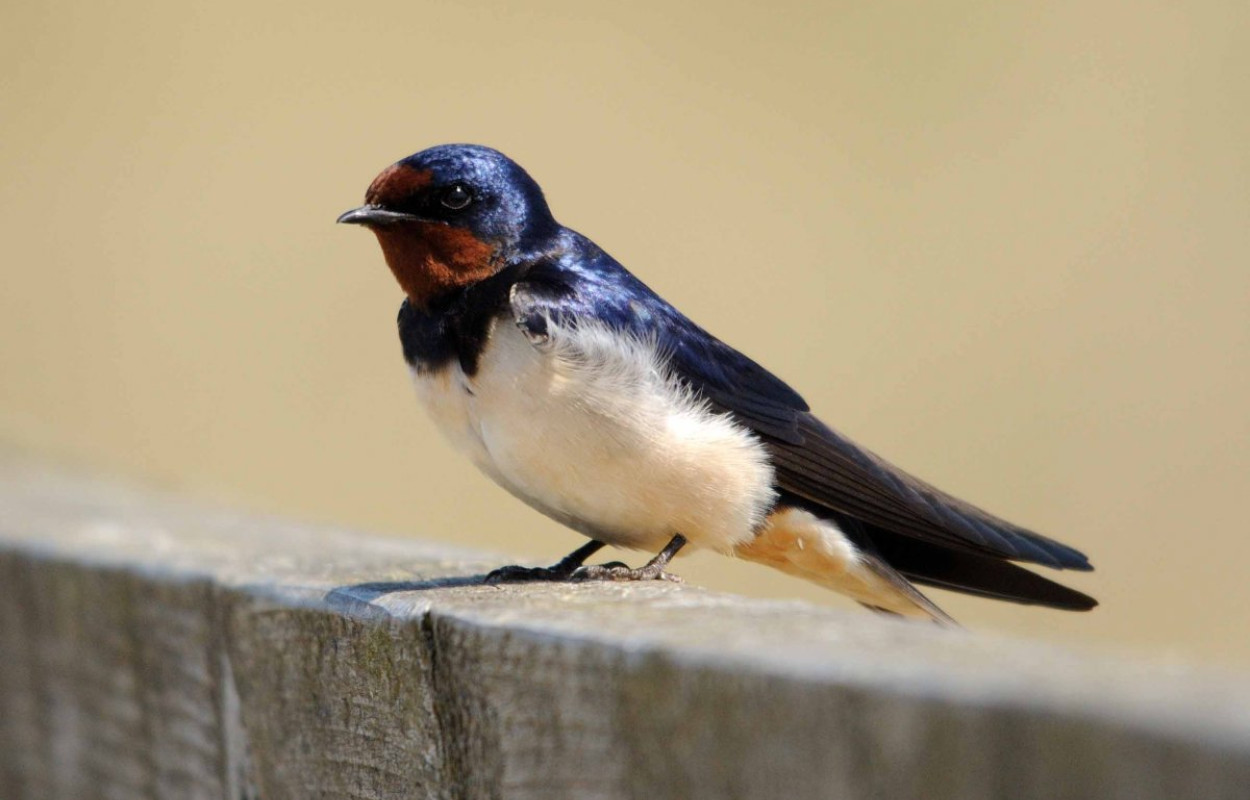
Author(s): Newson, S.E., Moran, N.J., Musgrove, A.J., Pearce-Higgins, J.W., Gillings, S., Atkinson, P.W., Miller, R., Grantham, M.J. & Baillie, S.R.
Published: March 2016
Journal: Ibis Volume: 158 ( part 3 )
Digital Identifier No. (DOI): 10.1111/ibi.12367
Data collected by volunteer citizen scientists have been used to show how the timing of bird migration to and from the UK has changed since the 1960s. The spring arrival dates for 11 of 14 common migrants have got significantly earlier, with six species, including Swallow, House Martin and Chiffchaff, coming back to breed more than 10 days earlier than they used to. Species that advanced their timing of arrival also showed the most positive trends in abundance over this period.
Inland observation points summary
These changes in bird migration are likely to be a response to warming on the birds’ UK breeding grounds. The extended stays in the UK may have benefitted some species in allowing birds to lay more than one clutch, when they previously would not have had time to attempt to raise an extra brood because conditions were not suitable. Studies such as this are important in understanding how birds can adapt to climate change, and the effect of their response to their population dynamics at a time when many species are in decline and effective conservation measures are being sought.
Notes
The authors thank the volunteers who collected data for the three schemes in this study. BirdTrack is a partnership between the BTO, RSPB, BirdWatch Ireland, the Scottish Ornithologists' Club and the Welsh Ornithological Society.

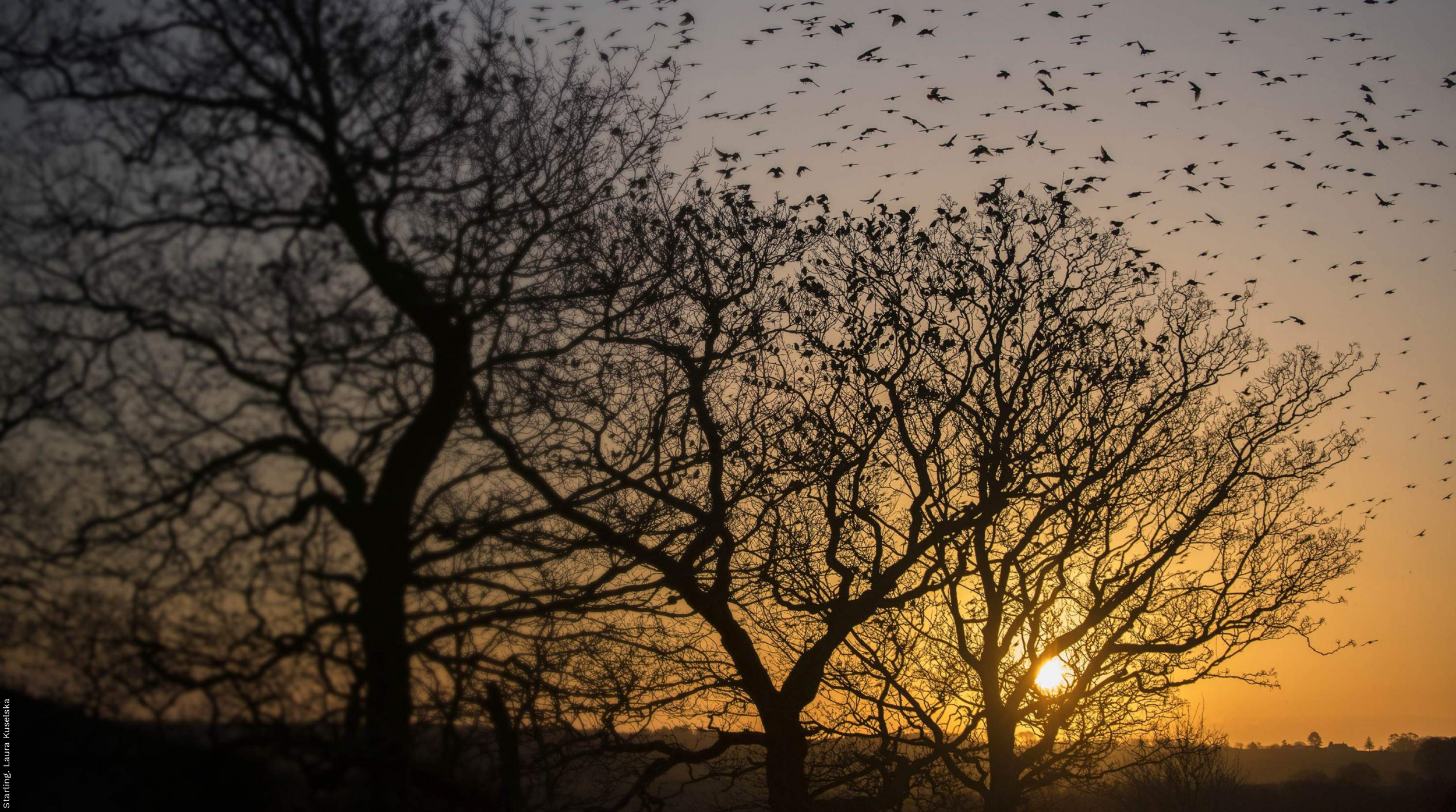




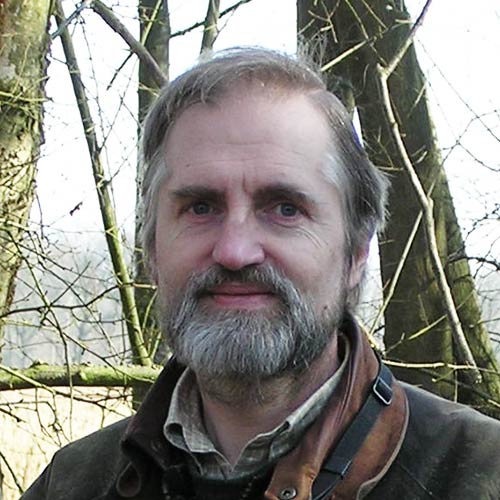

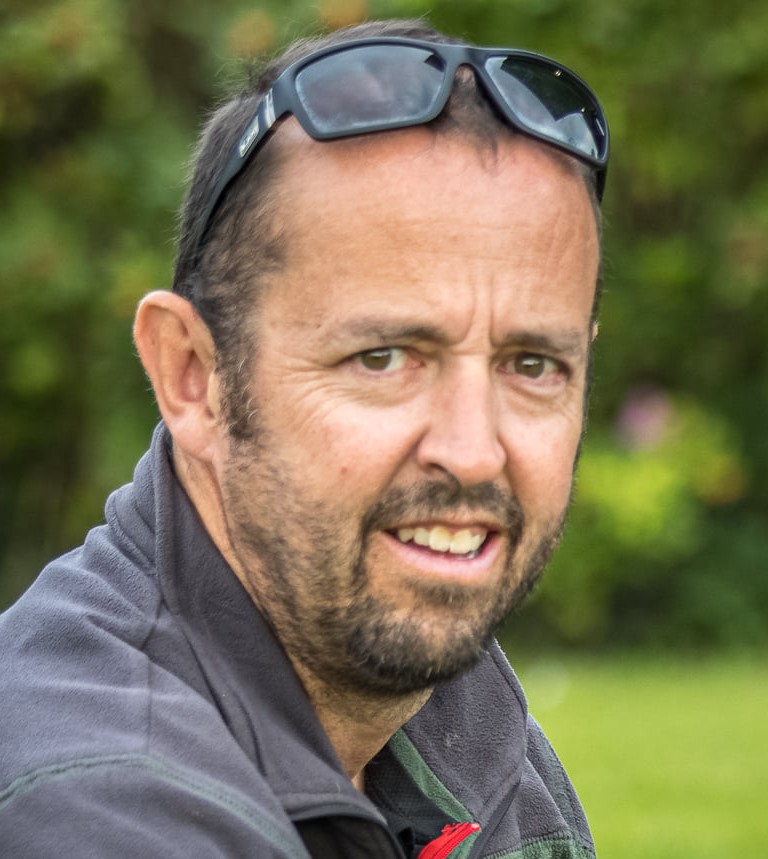
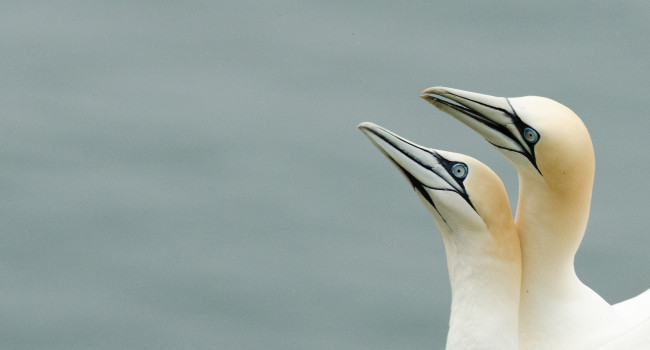
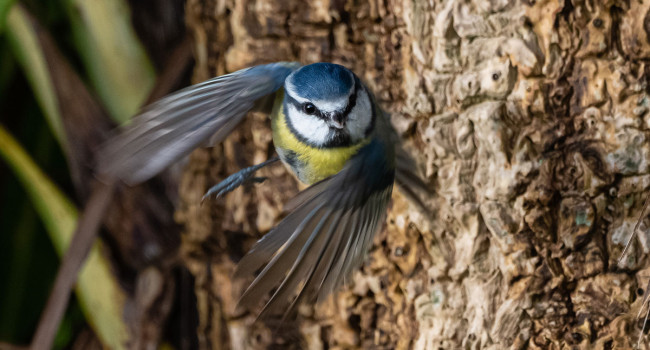
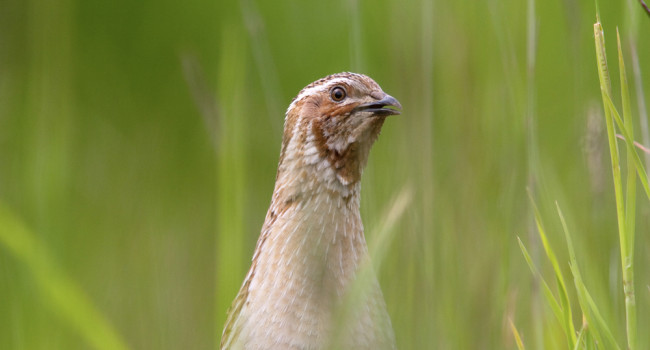

Share this page